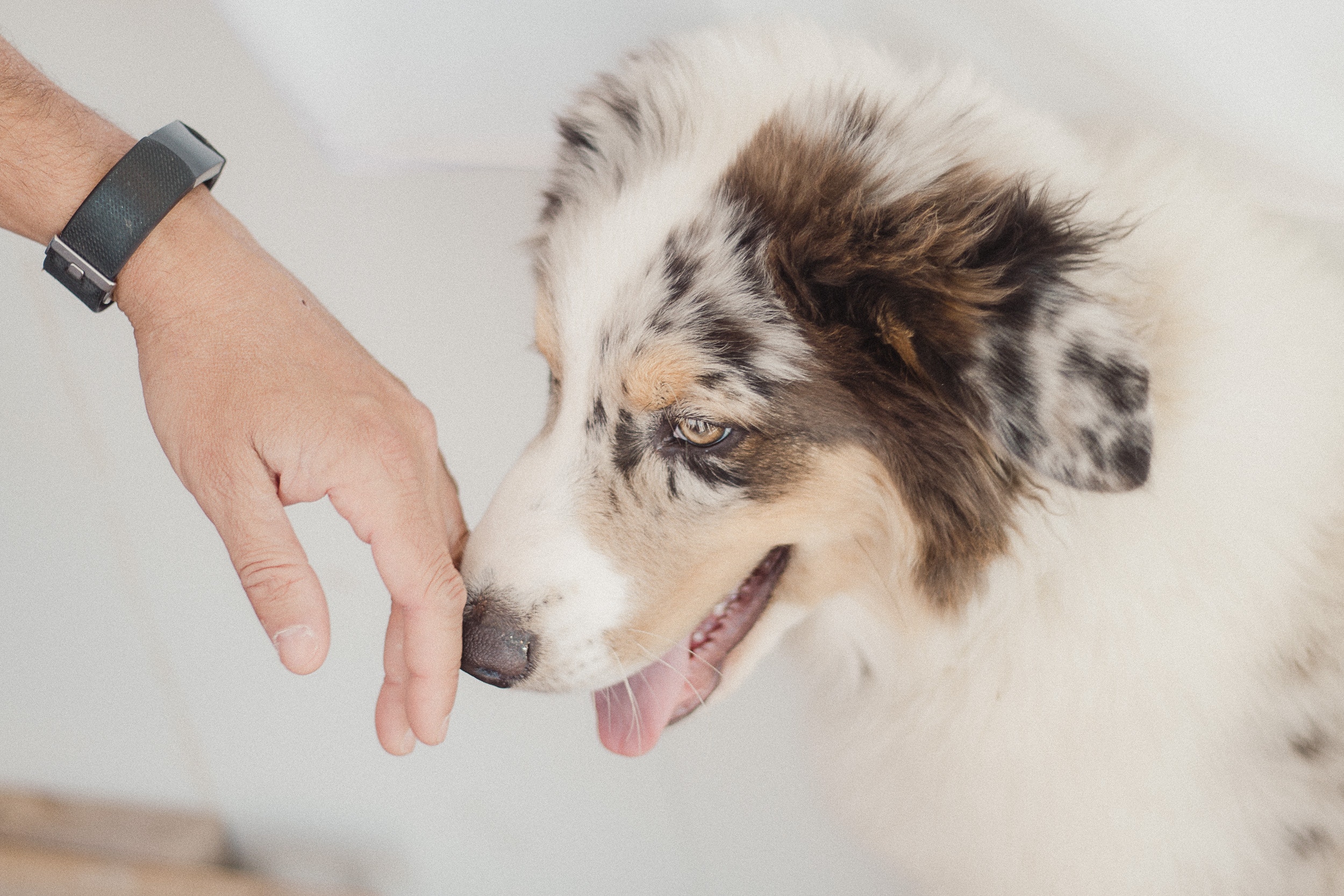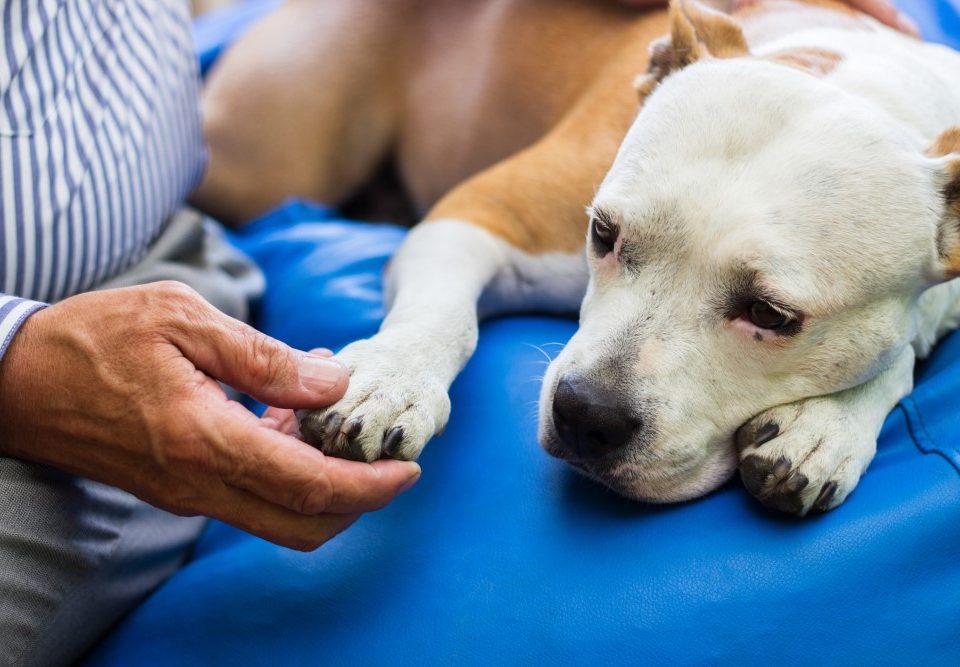
Signs A Dog Is Dying. What to Look For and How to Read Them.
September 6, 2021
How To Survive the Loss of a Pet After Euthanasia? 6 tips for comforting a grieving pet family
September 20, 2021
10 Signs to Put Your Dog to Sleep – How to Read Them? Most dog owners wholeheartedly agree with the concept of pet euthanasia. The fact that pet euthanasia is possible is a blessing. and it’s far better to offer our canine friends a gentle escape from a life that’s not worth living than to allow them to suffer needlessly. When the time comes to turn that abstract belief into action, it’s inevitably much more difficult.
If you’re lucky enough to have a dog who’s reached his senior years, but are aware that he’s beginning to struggle, it’s time for some tough reflection. Planning ahead and identifying your own guidelines of signs to put your dog to sleep won’t reduce your loss, but it will at least mean that your don’t have to do your thinking at a time when you’re overwhelmed by emotions.
Sometimes the signs are clear
An acute crisis or injury that can’t be recovered from
Vets will generally prefer not to advise euthanasia, understanding that you know your pet better than anyone else does. This is one instance where they might make an exception. Certainly, if your vet is telling you that there’s little treatment that can be offered, or that the treatment that’s available is unlikely to produce a good result you can ask them outright what they’d do if it was their dog.
Ongoing severe pain
Which can’t be managed with medication, or the amount of medicines needed is so great that your dog is too sedated to do any of the things he used to enjoy. It can be hard to judge the level of pain a dog is experiencing as they’ve evolved to hide it. Your vet can advise you on some of the more subtle indications to look out for. Apart from the obvious yelping; grumpiness, restlessness or shallow fast breathing can all indicate that your dog is hurting.
Total lack of appetite or constant hunger or thirst
Of course you’ll get your vet to examine your pet and see if there’s a treatable cause. All of these symptoms can be signs of untreatable disease or organ failure related old age. Unquenchable thirst or lack of appetite both make it very difficult for your dog to be comfortable in himself.
Total incontinence
Some pet owners might disagree and say that they’re prepared to do whatever is necessary to keep their companion and his surroundings clean and hygienic. This certainly shows their dedication and loyalty but at the same time, household dogs understand the housebreaking training they were given as puppies, inability to control their bowels or bladder will make them miserable/ Incontinence that’s not related to an acute, treatable illness is generally a sign that systems are breaking down.
Lack of mobility
Humans can have a life of a quality they value with little or no mobility. but it’s a bit different for dog, they live more in their body than their brain. If you doubt this, just you think back to the early days of your dog’s life and the sheer joy he took in running, exercising and playing. Many vets say that for animals, working limbs should be regarded as another vital organ and that without mobility a dog’s quality of life is simply not good enough.
Some signs are more difficult to read
News of a terminal disease
Heart-breaking in itself, but on its own a terminal diagnosis might not be a sign that it’s time to put your dog to sleep. If he’s still comfortable and seems to be taking joy in his life, it’s OK to enjoy your last few months with him. Do talk to your vet about this though, with some diseases there’s a risk of a fairly sudden and very painful deterioration which is the very thing you want to spare your pet. This may be a case where the adage of ‘better a week too early than a minute too late’ applies.
The good days are getting rarer
More good days than bad’ is one of the measurements that vets will use when assessing the quality of a dogs life. One of the problems of conditions of old age is that they come on slowly, each week brings subtle changes. It’s easy to lose sight of this, and think that the current situation is OK. This is one reason for understanding when to put your dog to sleep at an earlier stage. This understanding allows you to refer back to it as time goes on.
Your family and friends are telling you they think it’s time
They could be wrong of course, which is why this point counts as difficult to read. If this is a friend or pet owner it’s possible that they’re seeing the situation more clearly than now.
The signs that are most difficult to accept
When it’s time to let your cherished pet go, you take comfort from knowing you’re making a right decision. A decision that is based entirely on what’s right for him. There are a couple of other reasons for putting your dog to sleep. These are entirely valid but which are not solely about your dog .
You can no longer afford the treatment necessary
Treatment options are developing fast, but the cost of new medicines is often high. It’s understandable if you feel sad, or angry about not affording the medicine that might help your dog. However, pointless to feel guilty about it. If you’ve done everything you can to give your friend the best life, putting yourself into financial difficulty is unwise.
The whole household is revolving around the needs of your elderly pet
Your children, your relationship, other pets and maybe even your work is totally disrupted by caring for your dog. This is acceptable in the case of an acute and recoverable illness, where things improve in weeks. However, in the case of a chronic condition there comes a time when you have to consider the wider picture.





